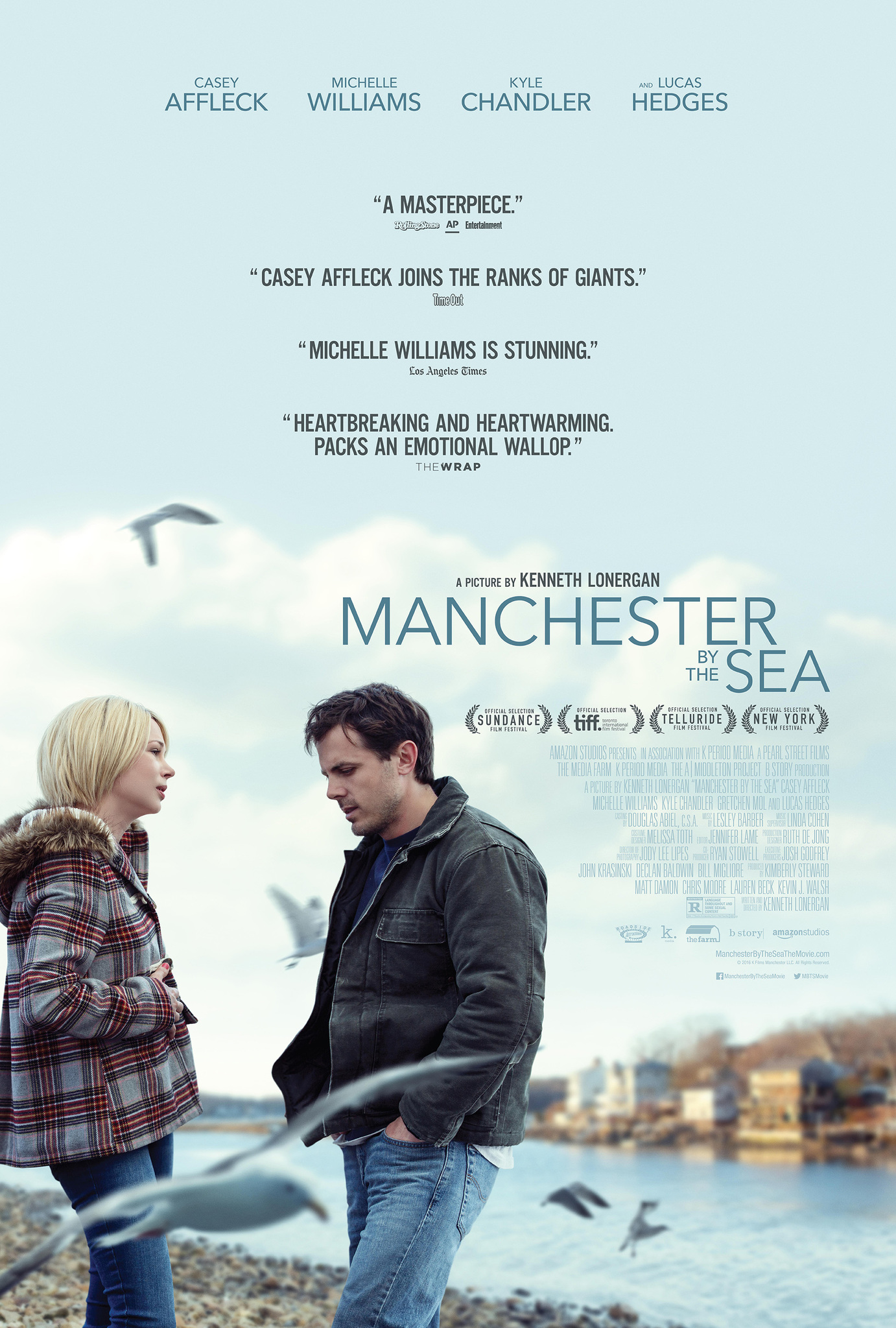
Today, we will discuss one of my favorite films of all time, Kenneth Lonergan’s Manchester by the Sea. Released in 2016, the film follows Lee Chandler, a janitor from Boston who must return to the titular town to become his teenage nephew’s guardian after the unexpected death of his brother. Make no mistake, this is a heavy film. It deals with the topics of death, depression, PTSD, guilt, grief, and family dysfunction. Thankfully, Lonergan manages to handle each topic with the care it requires in an organic way that makes sense to the characters. Because of this, it is no surprise that the film was nominated for six Academy Awards at the 2017 ceremony.
As with all of the films I write about, I like to start with the history of the production. The film could have initially been vastly different. The idea of an “emotionally crippled” handyman was first discussed by actors and Boston natives Matt Damon and John Krasinski on the set of their mostly forgotten drama, Promised Land (which they both co-wrote). The duo took their idea to Kenneth Lonergan to develop, with the idea that Damon would direct and Krasinski would star. Damon had developed a friendship with Lonergan after appearing in his sophomore production, Margaret, which was notoriously troubled. Filming began in 2005 and due to various setbacks and threats of litigation, was not released until 2011. After the film bombed, Damon enlisted Lonergan to write the screenplay as a way to bounce back from the negative reviews.

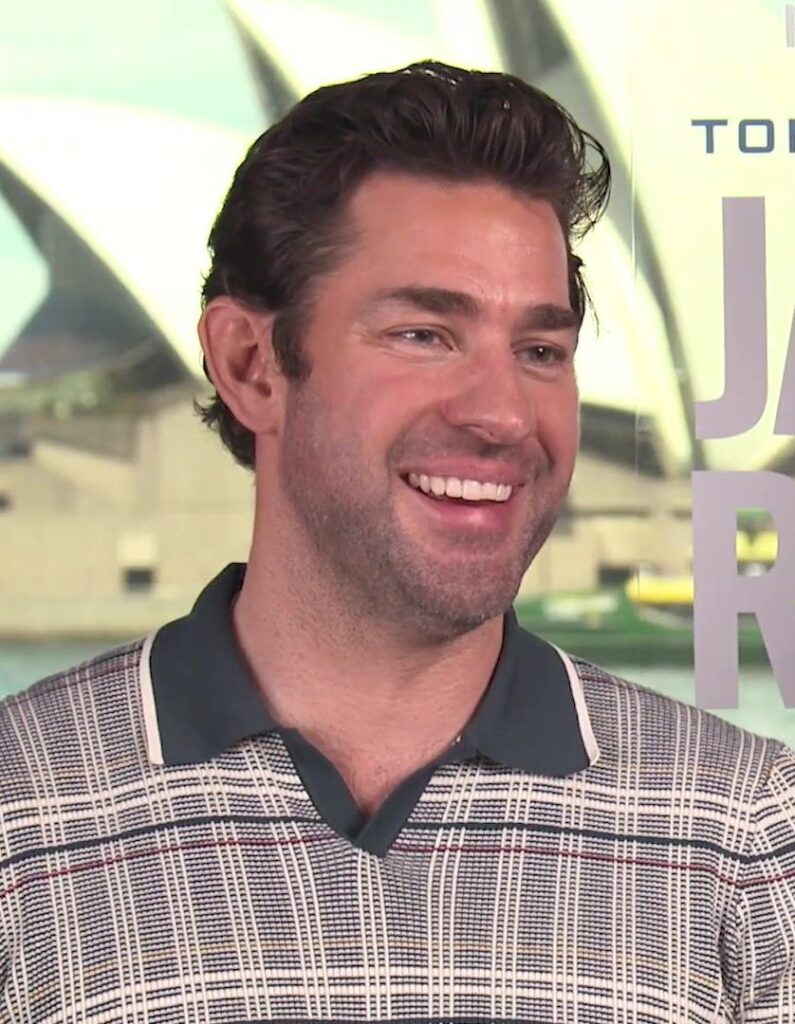
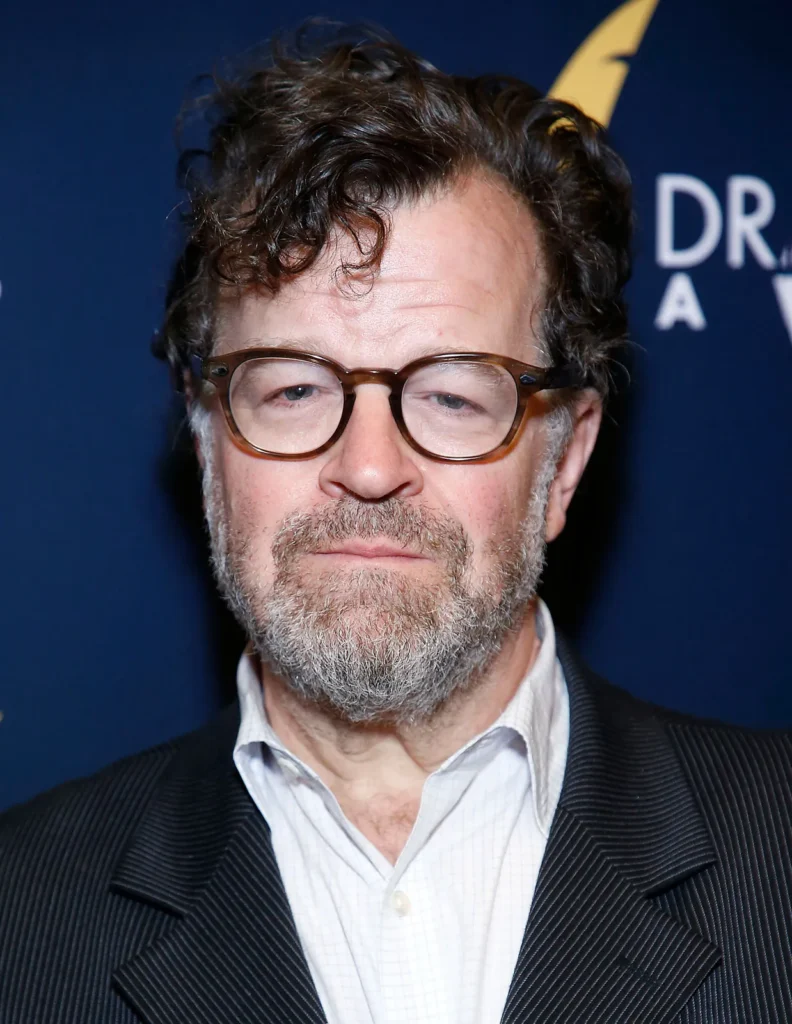
Being the perfectionist Lonergan is, it took him three years to write a draft of the screenplay. In the meantime, the two men would take on various projects. Eventually, Krasinski would depart the project due to scheduling conflicts. After reading a rough draft, Matt Damon assumed the lead role and told Lonergan he should direct it himself. This would make Manchester by the Sea Lonergan’s third directorial effort, his second being Margaret, and his first being You Can Count On Me. His debut film earned his lead actress Laura Linney an Academy Award nomination for Best Actress in a Leading Role, was the breakthrough performance of Mark Ruffalo, and earned Lonergan himself his first Academy Award for Best Original Screenplay (his second nomination would come two years later as part of the writing team of Martin Scorsese’s Gangs of New York).
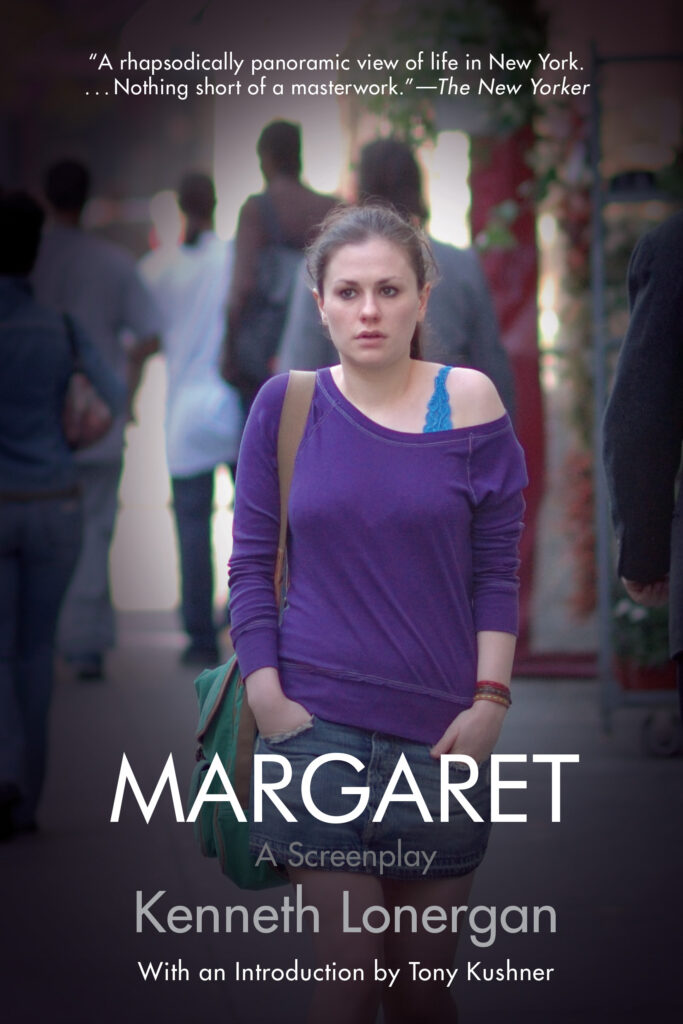
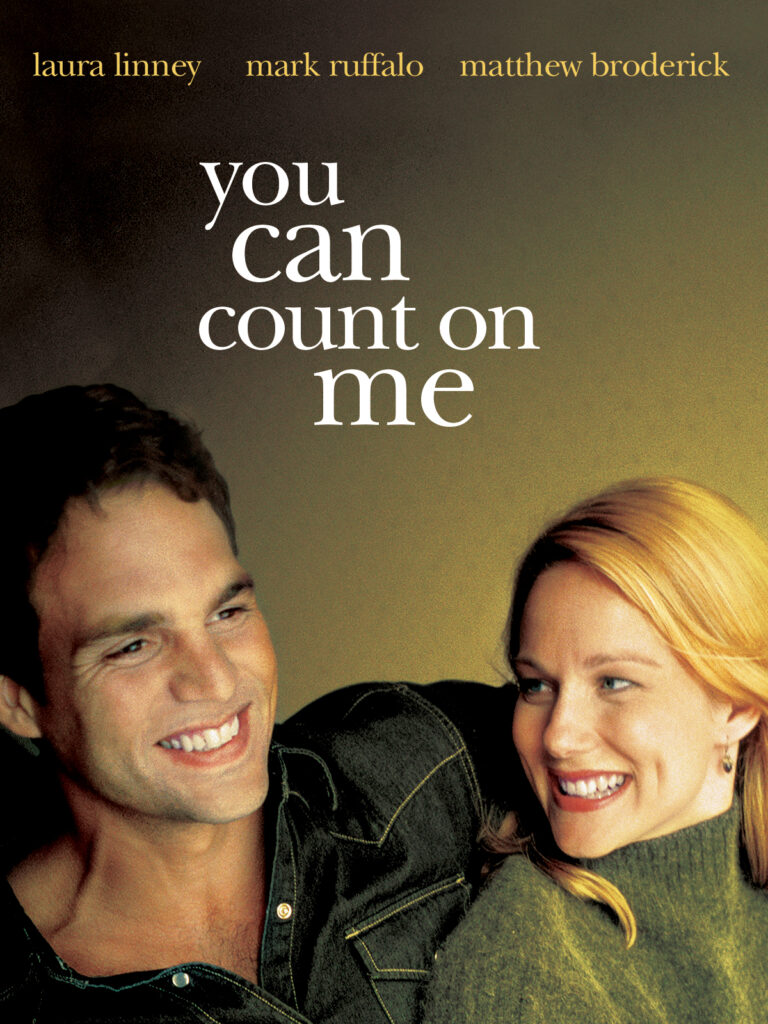
Pre-production began in late 2014, but due to Matt Damon’s busy schedule, he would not have a break in filming for another year. Since the film was already starting production, Damon took on a sole producing role and vacated the lead role. Damon and Lonergan were adamant that Casey Affleck was the only other actor who could play the part. Affleck was cast in early 2015 alongside Michelle Williams, Kyle Chandler, and Lucas Hedges. Filming and post-production went smoothly. The film had its debut at the 2016 Sundance Film Festival, where it received rave reviews. Amazon ended up acquiring the U.S. rights for $10 million, beating out competitors like Netflix, Focus Features, and Searchlight Pictures. When it was released to the public at the end of the year, the film garnered critical acclaim, especially for its performances. Of the film’s six Oscar nominations, three were for acting; Casey Affleck for Best Actor in a Leading Role, Lucas Hedges for Best Actor in a Supporting Role, and Michelle Williams for Best Actress in a Supporting Role.
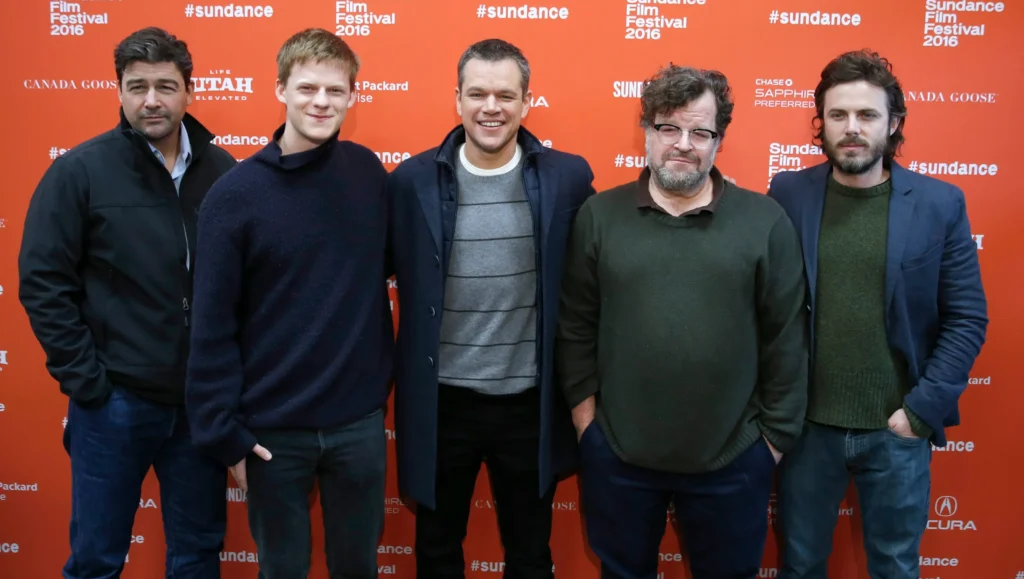
This film was released during my senior year of high school. I saw the film in the theater with my mom and I remember being blown away. Even at 18, I could understand the themes of grief and depression, but I understand them much better now as I write this post at the age of 26. I remember leaving the theater and being astonished. Astonished not just because of the overall quality of the film, but also because I was taken aback by the performances of Affleck and Hedges. I had seen Affleck in a lot of movies, but I had no idea he could act as well as he did. Hedges, on the other hand, I had no exposure to. This was his first feature and I was impressed with his acting abilities. I should also note that Hedges is just shy of two years older than me, meaning he was probably 18 when the film was shot, the same age I was when the film premiered. I think part of the reason I was so impressed with him was because of his age. The fact that he was still a teenager, yet he was holding his own against Affleck was impressive to me. Because I can’t leave her out, Michelle Williams, like in every movie she’s in, gives an incredible performance. I want to reiterate. I do think her performance was incredible, but I wasn’t as thrown off by her because I am used to her giving incredible performances.
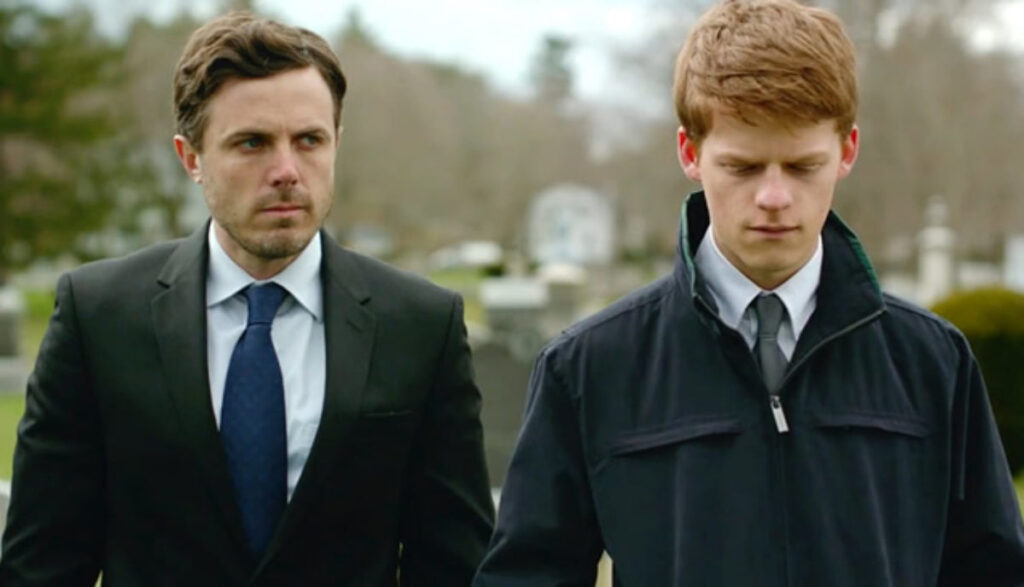


This was my favorite film of 2016. While my classmates were talking about La La Land, I was singing the praises of this film. I remember when the nominations were announced. Affleck and Williams were expected to receive nominations, but Hedges was not a guarantee. He didn’t get a nomination at the Golden Globes, but he did get a nomination at SAG. I was thrilled when he did get nominated, although I knew there was no way he would win. This was the year that Mahersala Ali (Moonlight) swept just about every major award except the Golden Globe. At the start of the season, I felt confident in Affleck’s win, as he was winning just about every major award too. As the award season dragged on, I felt less confident in a win. Affleck was facing resurfaced sexual harassment allegations from earlier in the decade on a movie he directed. To top it all off, Denzel Washington won the Screen Actors Guild Award for his role in Fences. The last time a Best Actor winner didn’t win at SAG was thirteen years earlier when Johnny Depp took home the award for the first Pirates of the Caribbean, but Sean Penn took home the Oscar for Mystic River. Eventually, Affleck’s performance was enough to overcome the controversy and win the award. The win, however, was not without controversy. Most notably, presenter Brie Larson did not clap when she named Affleck Best Actor.
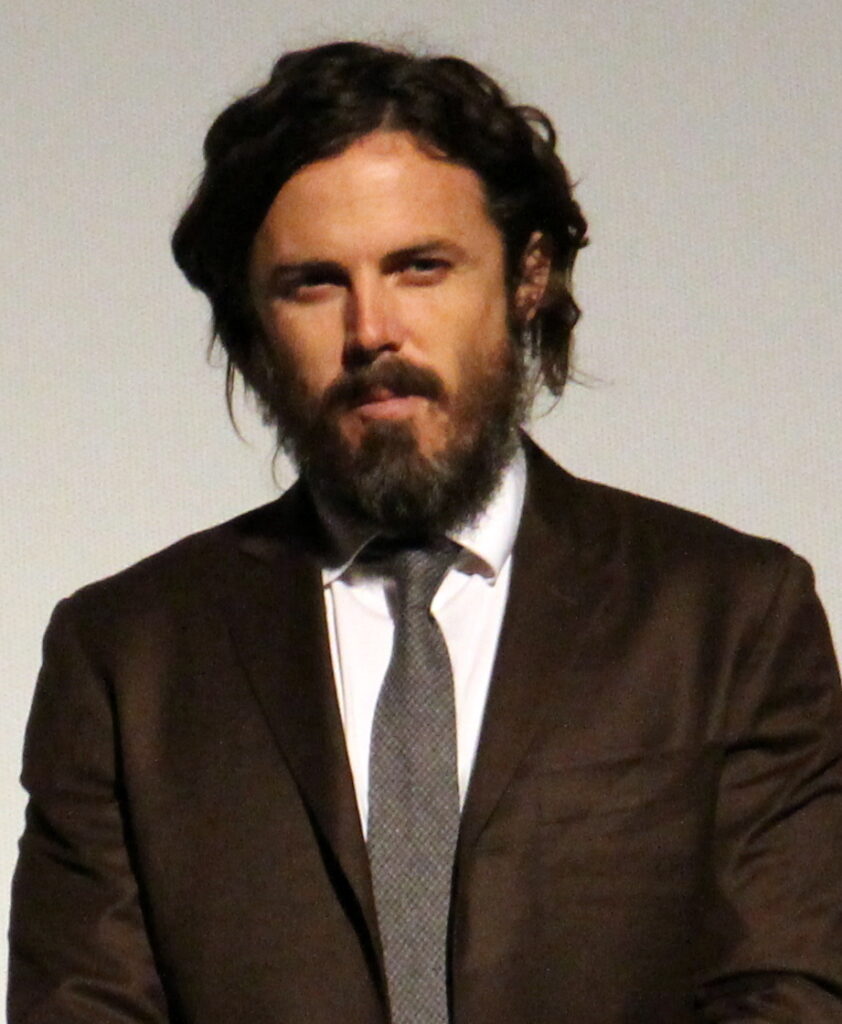
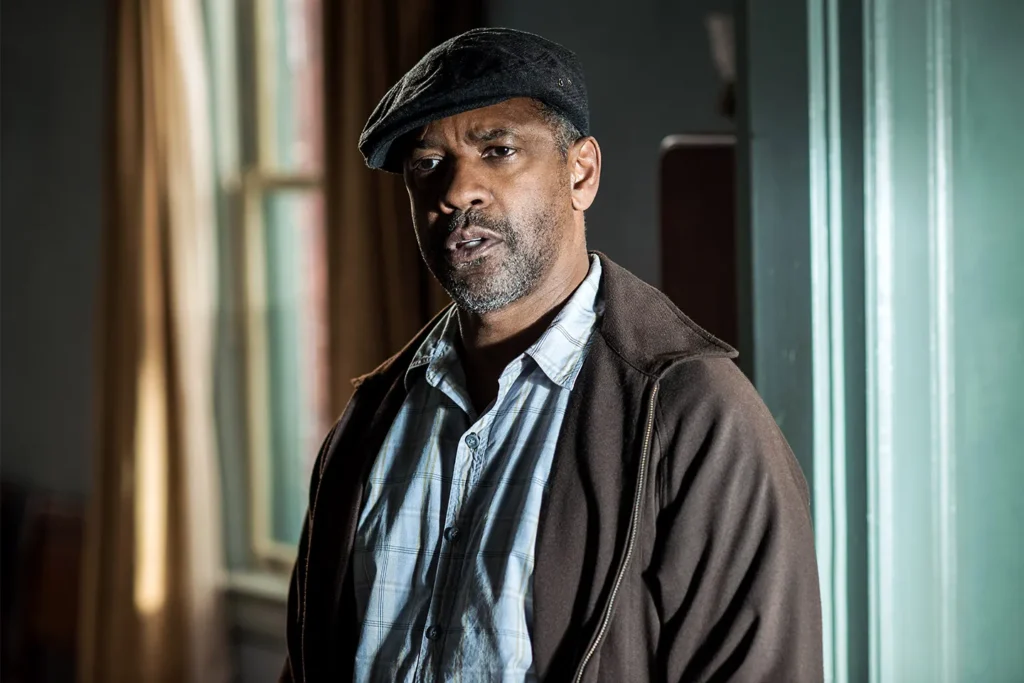
I feel like I need to address the elephant in the room. I don’t know the extent or the severity of the allegations against Affleck. I’m certainly not defending him, but I feel like it’s not my place to judge either. That’s between Affleck and his God. That being said, as good as Denzel was, I believe the best performance won. Part of me does wonder, however, what the outcome would have been if the film was released a year later. At the 2017 Academy Awards, we were just seven months away from the downfall of Harvey Weinstein and the rise of the #MeToo movement. I wonder if Affleck would have even received a nomination. My thought is no and my reasoning is James Franco. James Franco directed and starred as Tommy Wiseau in The Disaster Artist, based on the making of the cult film The Room. Franco was nominated for several awards for his performance, including a win at the Golden Globes for Best Actor (in a Comedy) and crucially, at the SAG Awards. However, right as Oscar voting was underway, Franco was accused of inappropriate sexual behavior when he was their acting teacher. Ultimately, Franco did not receive a nomination for Best Actor. I believe that had those stories broken after voting, he would have been nominated. I feel confident enough to say that because The Disaster Artist was nominated in the Best Adapted Screenplay category, proving that the Academy did have some love for that film.
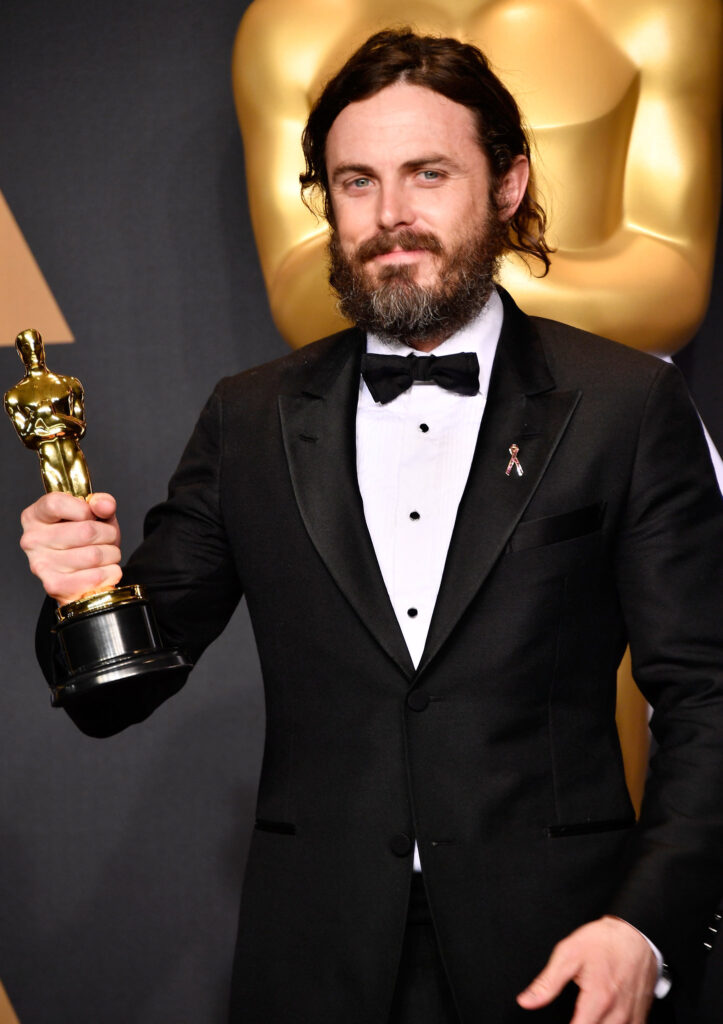
Back to the Oscars. I knew the film didn’t have a chance in Best Director. Damien Chazelle would take home that trophy. It was a given that Best Picture would go to La La Land or Moonlight (or technically both, for about 90 seconds). Viola Davis was sweeping the Supporting Actress category (though it is debatable if she is supporting), so Michelle Williams would have to wait. Always a bridesmaid, I suppose. The last category that the film had a fighting chance to win was Original Screenplay. Moonlight is a bit of a unique situation. It was based on an unproduced play written by Tarell Alvin McCraney that sat on the shelf for a decade. In 2013, Barry Jenkins used the film as a jumping-off point to write the screenplay for Moonlight. Classifying the film as either original or adapted became tricky. The WGA classified it as Original, whereas the Academy defined it as Adapted. I would identify it as original since McCraeny’s script was never produced. That’s my two cents. Regardless, the film won in its respective categories at both award shows. Moonlight’s move to Adapted Screenplay essentially secured this film’s win. The Lobster and 20th Century Women were the only nominations for those films and thus, did not have a fighting chance. Hell or High Water (written by a pre-Yellowstone Taylor Sheridan) had a better chance since it did get a Best Picture nomination. Ultimately, I imagine it came down to Manchester and La La Land. The latter is a visually stunning movie, but the writing isn’t nearly as impressive. This is why I believe Lonergan secured his win. Even with only two wins out of six nominations, given the strength of the other nominees, I was happy as a filmgoer with the outcome.
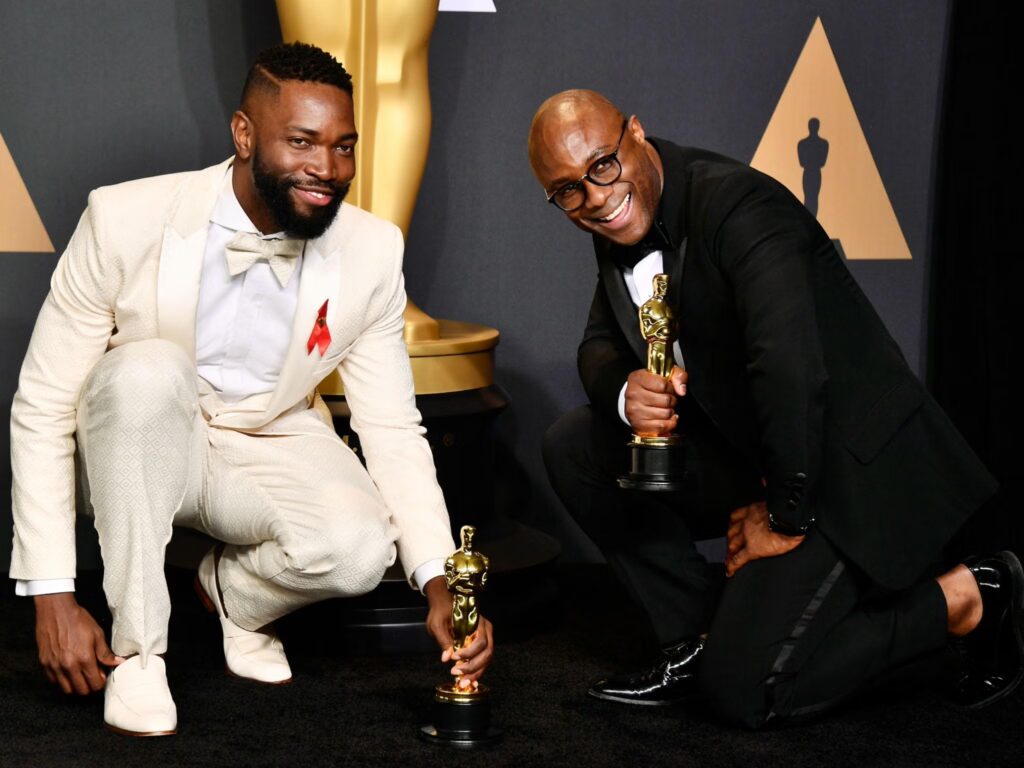
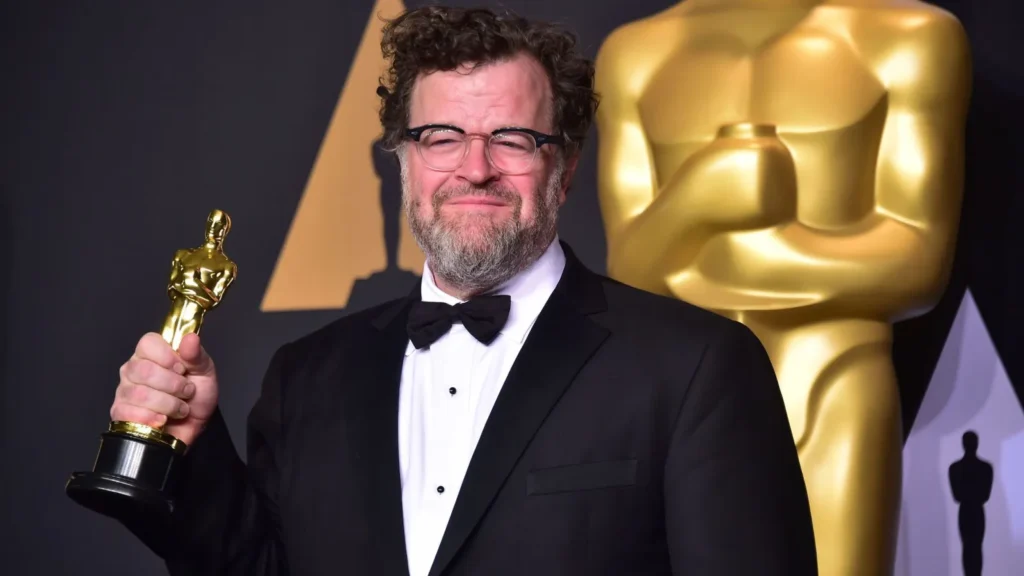
I also think it is worth mentioning that this is the first film released by a streaming service to be nominated for Best Picture. This would open the doors for Netflix-released films such as Roma, The Irishman, Marriage Story, and The Power of the Dog, to get in for Best Picture. Ironically enough, it would be Apple five years later, on their first nomination, that would be the first streamer to release a Best Picture winner, 2021’s CODA. I’d like to think that the Academy accepting Amazon as a legitimate distributor for this film helped open the floodgates to streaming services becoming competitive at the Oscars.
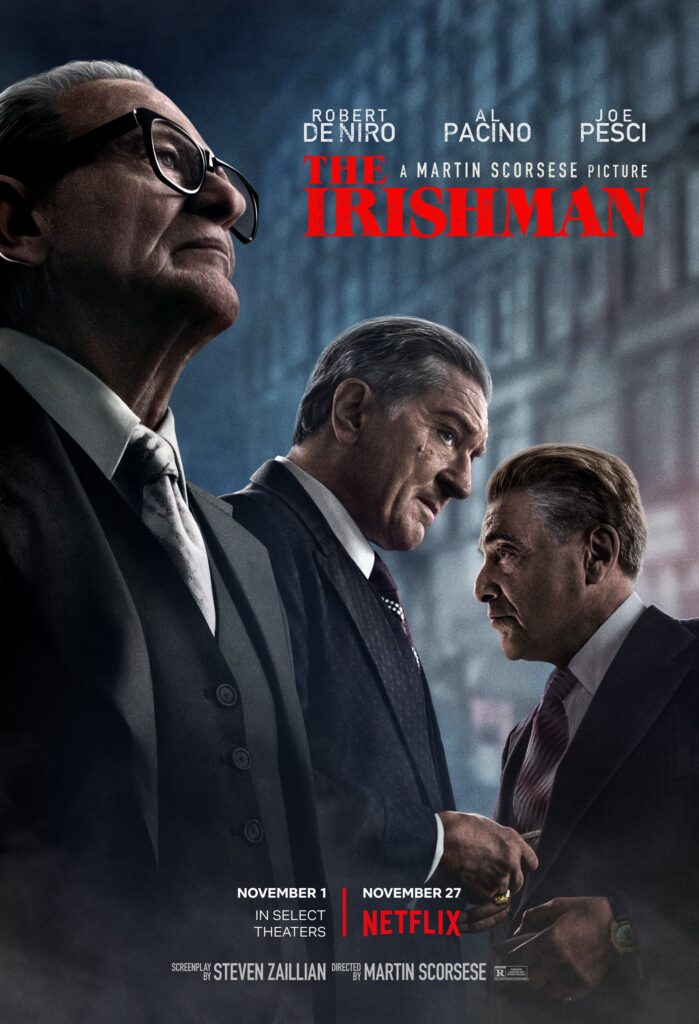
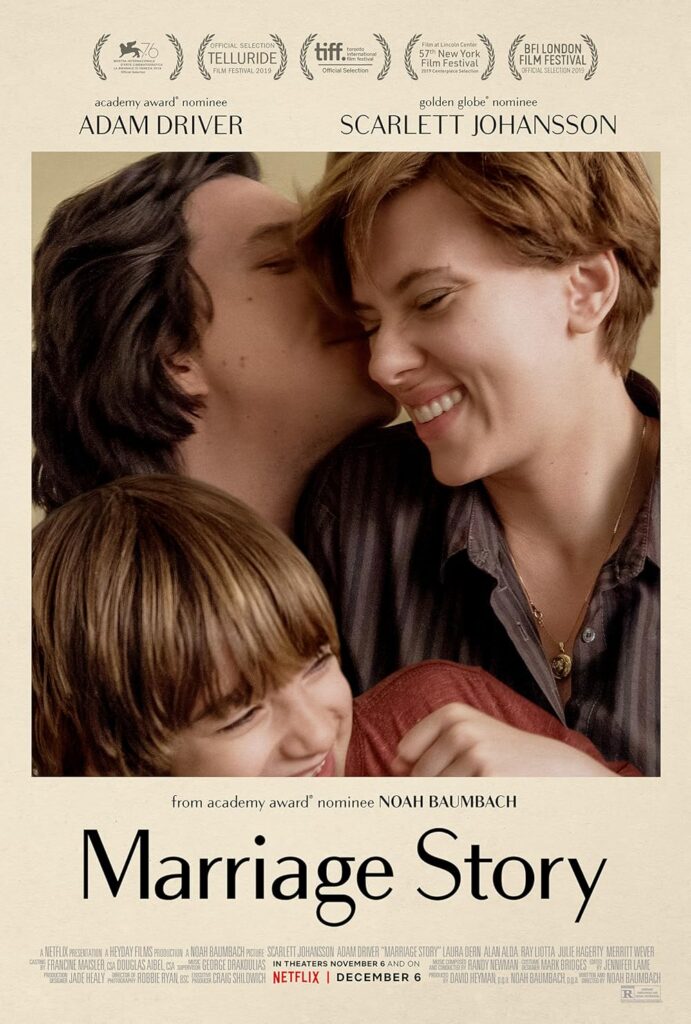
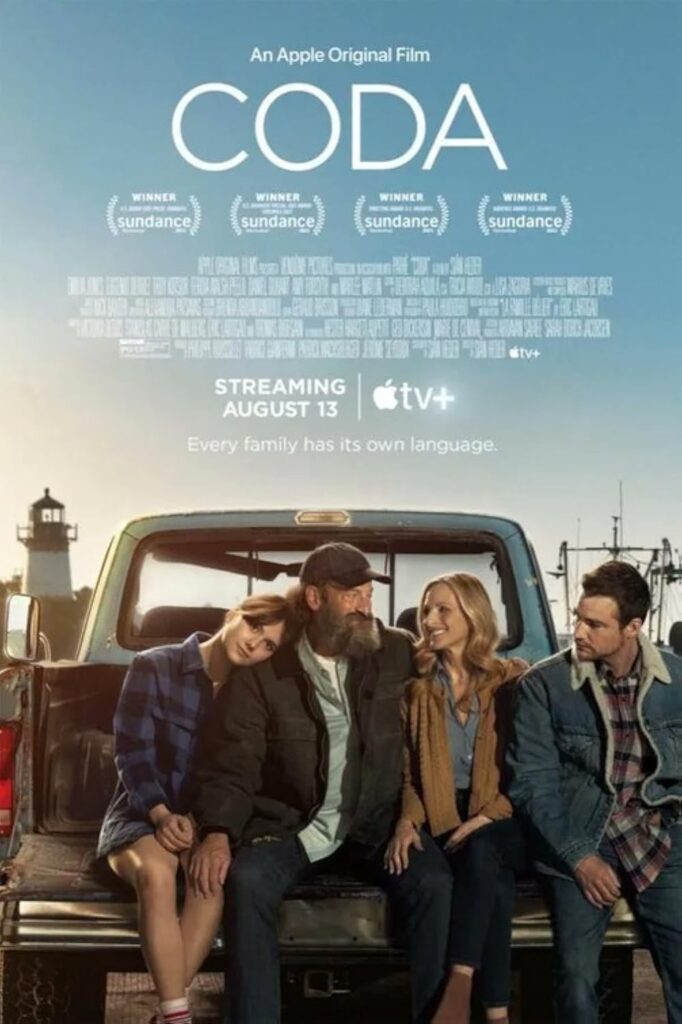
In preparing to write this post, I re-watched this film for the first time in years, and I must say, it still holds up. The writing and directing go well together. The film cleverly incorporates flashbacks to help the audience fill in the blanks. Lonergan uses these flashbacks effectively, only giving us the bare amount of information to help us understand why a character is the way they are, before pulling us right back into the present. As a viewer, I tend to find films with multiple flashback sequences a bit complicated. I appreciate that I can easily tell when we are in a flashback. Lonergan doesn’t announce it, but it is easy to figure out. The other nice thing is that these sequences are relatively brief. Some flashbacks last 30 seconds and others could last up to a few minutes. It’s just the right amount of time and context needed before we return to the main timeline. I credit Lonergan as both a writer and a director for that ability.

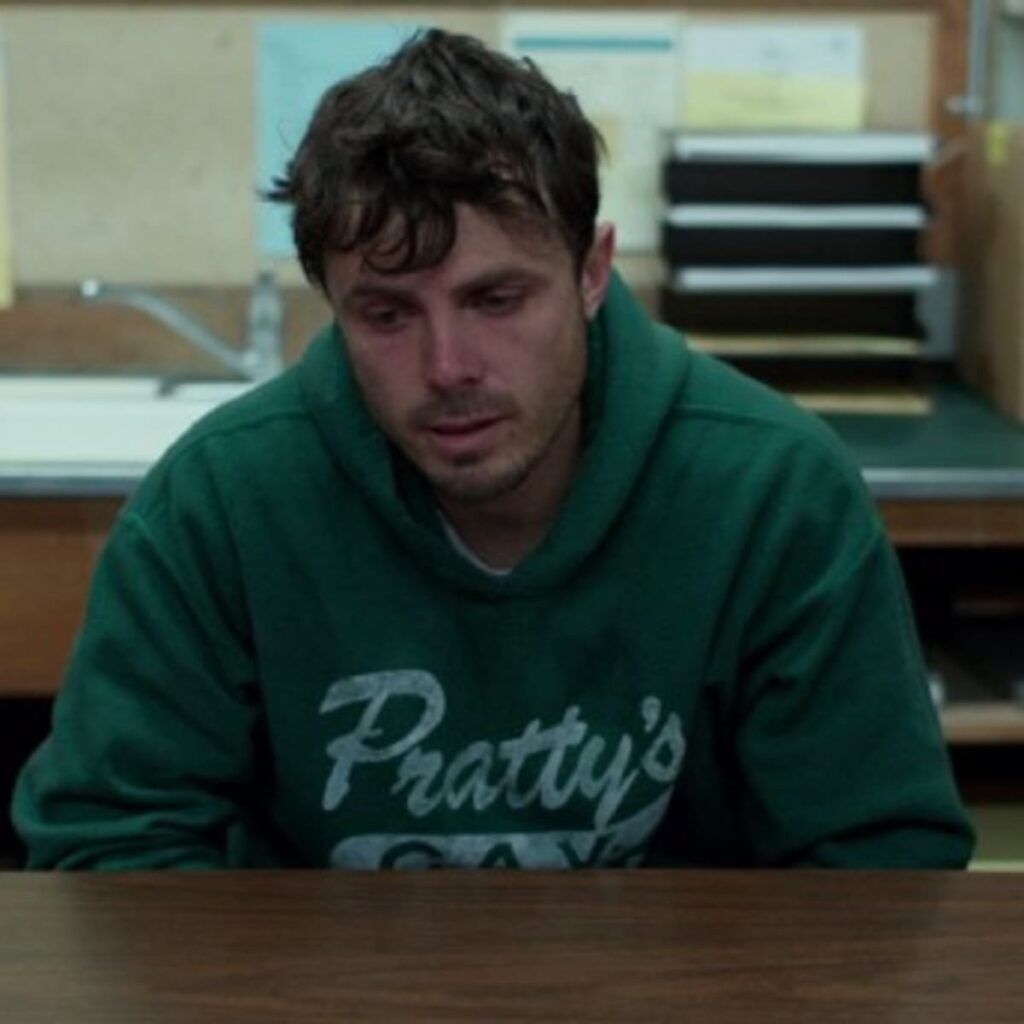
Additionally, I love the way Lonergan ended the film, on an upbeat note for Lee. One of the few times we see him smile. Don’t be mistaken, Lee has a lot of trauma and PTSD to unpack, but that smile is the most organic place to end the story. I read an article in which Lonergan defended his ending by telling the interviewer that it irritates him when films feel like they need to have everything resolved by the end. Lee has a lot of unresolved issues, but the film ends with a sliver of hope for Lee. I commend Lonergan for standing by his realistic ending. If Lee was all of a sudden a happy-go-lucky guy without a care in the world, the ending would not have made sense. It would have undone everything that the film told us in the last two-plus hours. To me, realistic equals humanistic. Though not all the critics appreciated it, I liked the use of Adagio in G minor to emphasize Lee’s tragedy. The last thing I’ll say about the technical direction of the film is that it runs 2 hrs and 17 minutes, but I’m so engaged that it feels like a fraction of the time. That is powerful filmmaking.
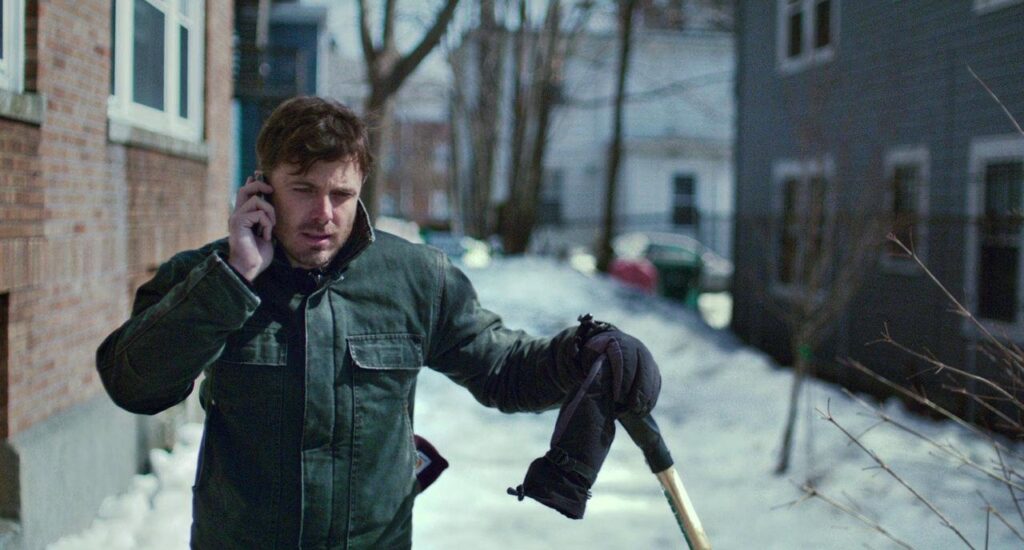
As I begin to wrap up, I want to look back at the three acting nominees. Michelle Williams, like always, is fabulous. She is one of the greatest actresses of her generation. Since the film’s release, she won an Emmy for Fosse/Verdon and earned another Academy Award nomination for playing the matriarch in Steven Spielberg’s The Fabelmans. Lucas Hedges, I’ll be honest, has disappointed me. As I mentioned, I was moved by his performance and thankful he was nominated for an Oscar. However, I don’t believe he lived up to the potential he displayed here. In 2017, he was a part of the ensembles for Lady Bird and Three Billboards Outside Ebbing, Missouri, two of the most critically acclaimed movies of the year. Unfortunately, between 2018 and 2020, his output diminished. He had roles in the little-seen films Ben is Back, Mid90s, Waves, and French Exit. He didn’t even appear in a film between 2020 and 2024. I think it’s a shame, but I have to remind myself that he’s not even 30. There’s plenty of time for him to fulfill the promise he made in this film.
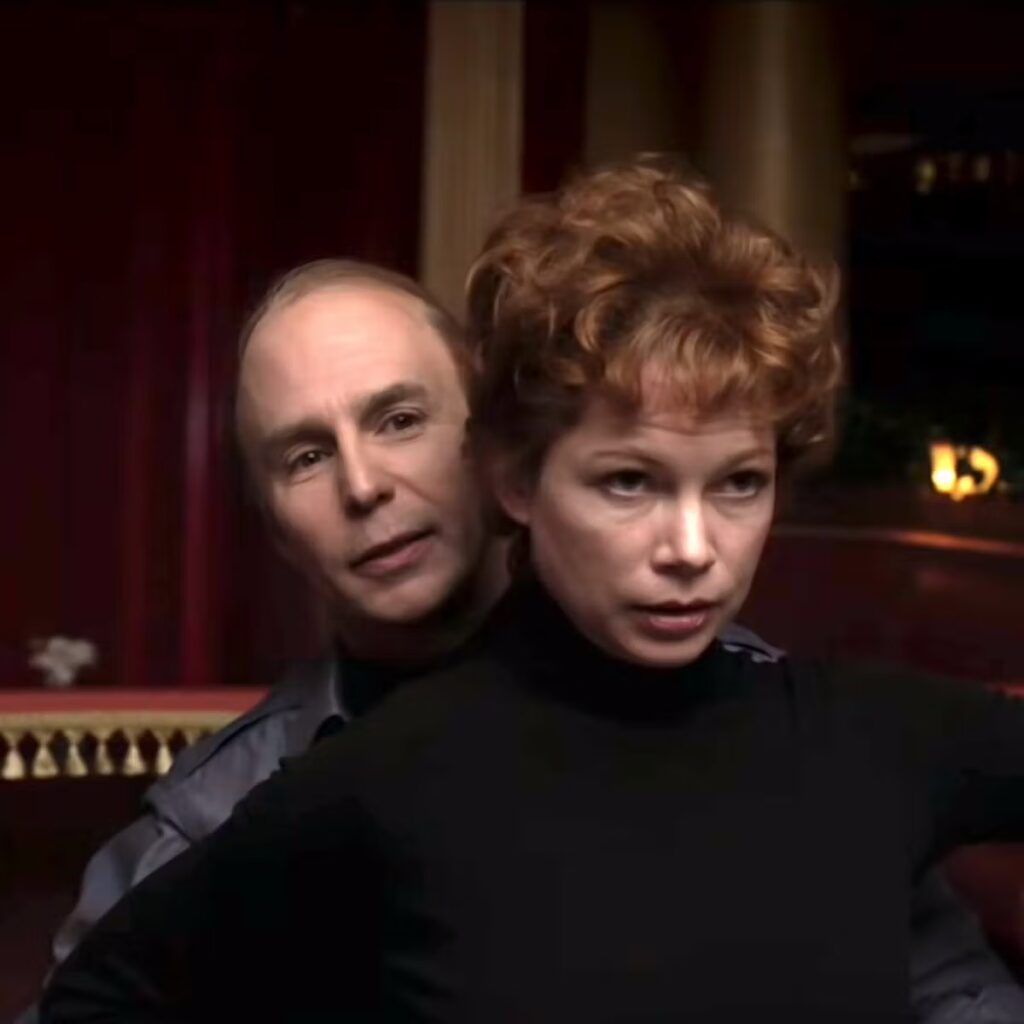

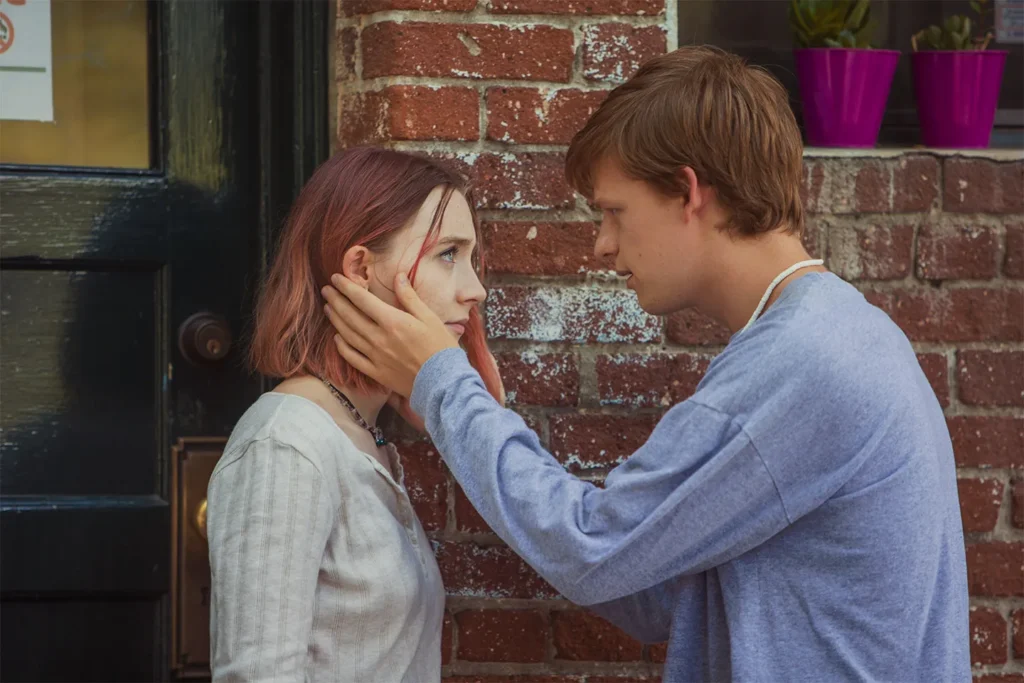
Finally, let’s talk about Casey Affleck. His performance in this film is simply astonishing. He conveys so much of his mental state in his actions and within the subtext of the dialogue. It honestly reminds me of the way James Dean or a young Brando would express himself. Looking back on his performance, I feel like it came out of nowhere. He first got his start as Morgan in Good Will Hunting, starring and written by his good friend Matt Damon and his brother Ben. For the first fifteen years or so of his career, I think Casey had a tough time breaking the public’s perception that he was just Ben’s kid brother tagging along for the ride. That perception began to change in 2007 when he released Gone Baby Gone and The Assassination of Jesse James by the Coward Robert Ford. The former, despite being directed by Ben, proved he had skill as an actor and could hold his own alongside Ed Harris and Morgan Freeman. The latter, in which he played a man obsessed with Jesse James, earned him an Academy Award nomination for Best Supporting Actor (though, I believe him to be a lead performance). That’s when he started to break away from Ben’s (and to an extent, Matt’s) shadows. Between 2008 and 2016, he appeared in a variety of films from Tower Heist to Interstellar.
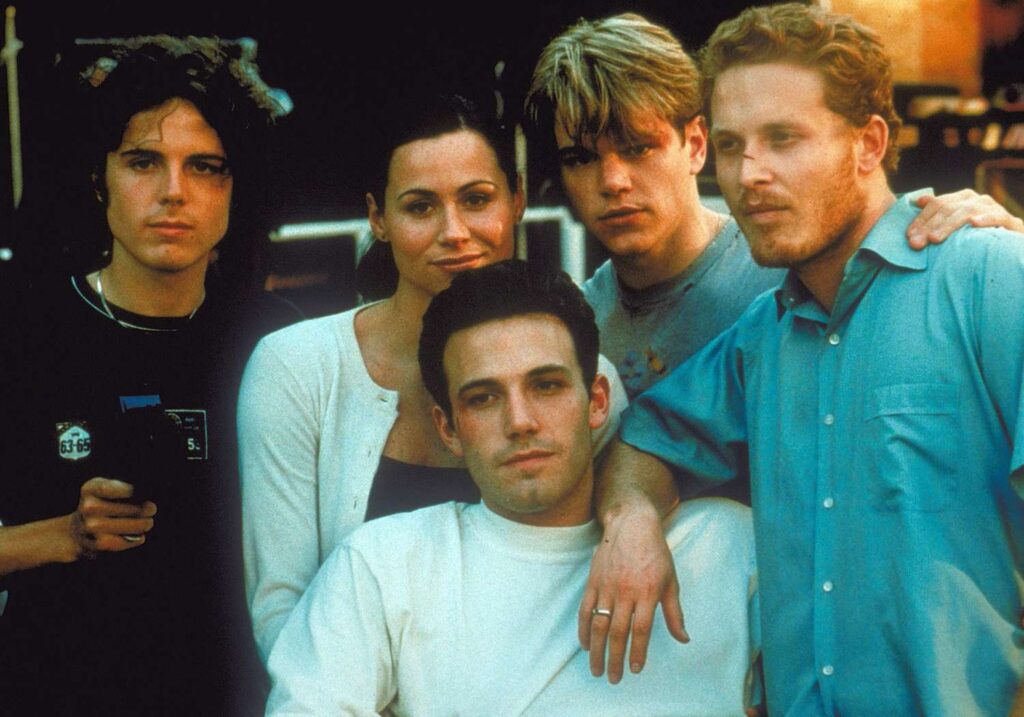
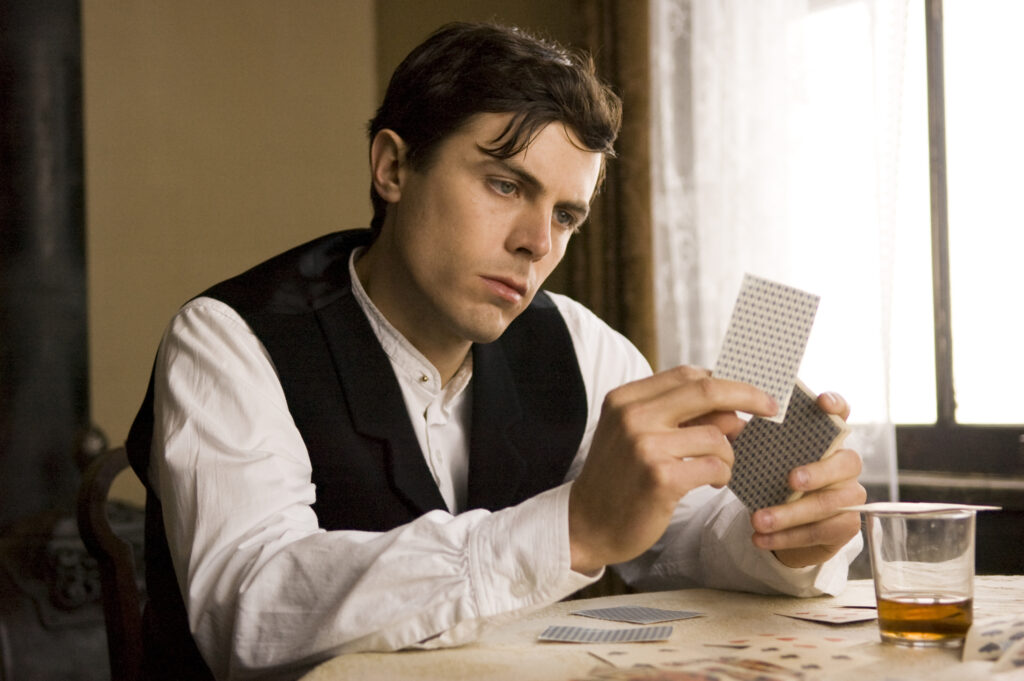
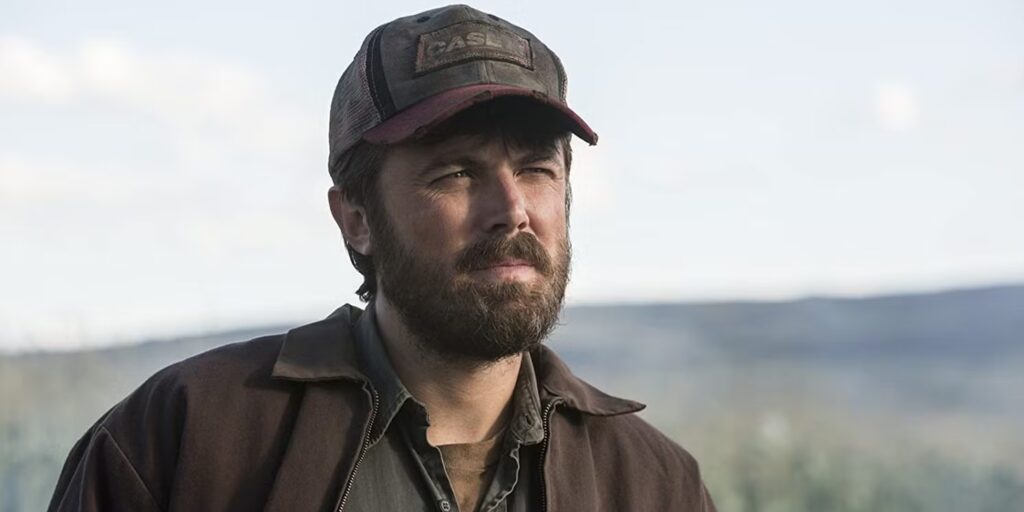
Manchester by the Sea, without a doubt, is the film that proved Casey was more than just Ben’s brother. His win was well deserved and it is cool to me that he and Ben are brothers that each have at least one Oscar. It is appropriate that Casey’s wins are for acting and Ben’s wins are for writing and producing (he should have one for directing too) because, except for a couple of performances, I think Ben is a far better filmmaker than he is an actor. Aside from Gone Baby Gone, the elder Affleck directed The Town, Live by Night, Air, and the Best Picture winning Argo. Of those films, only Live by Night was a critical and commercial failure.
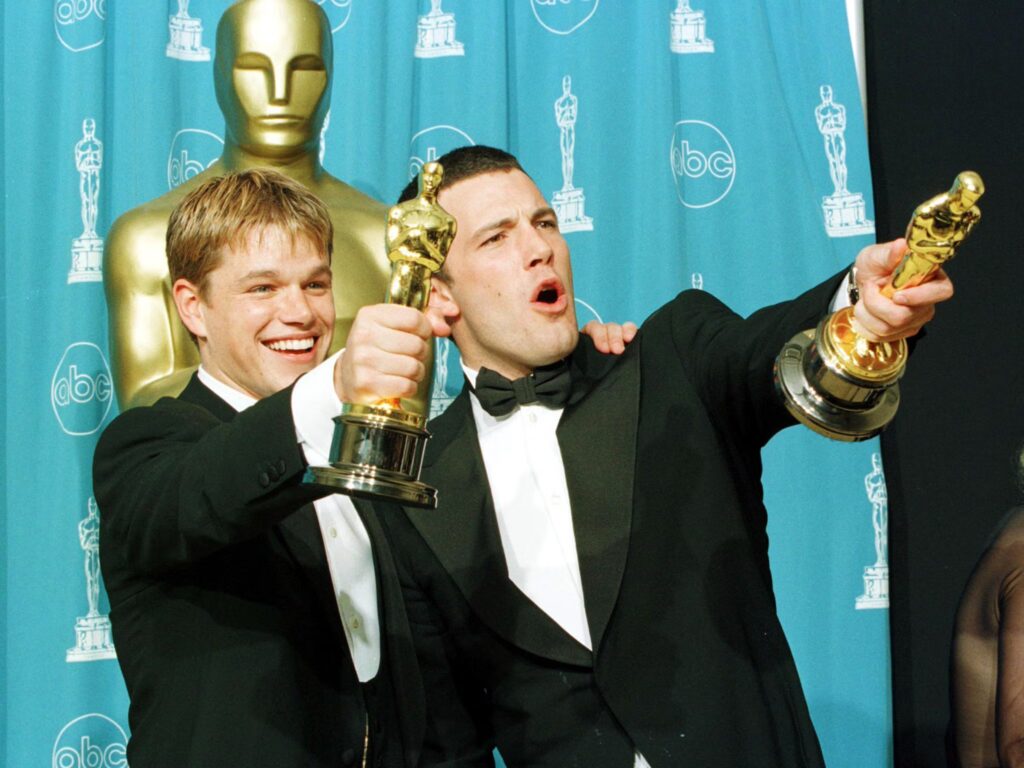
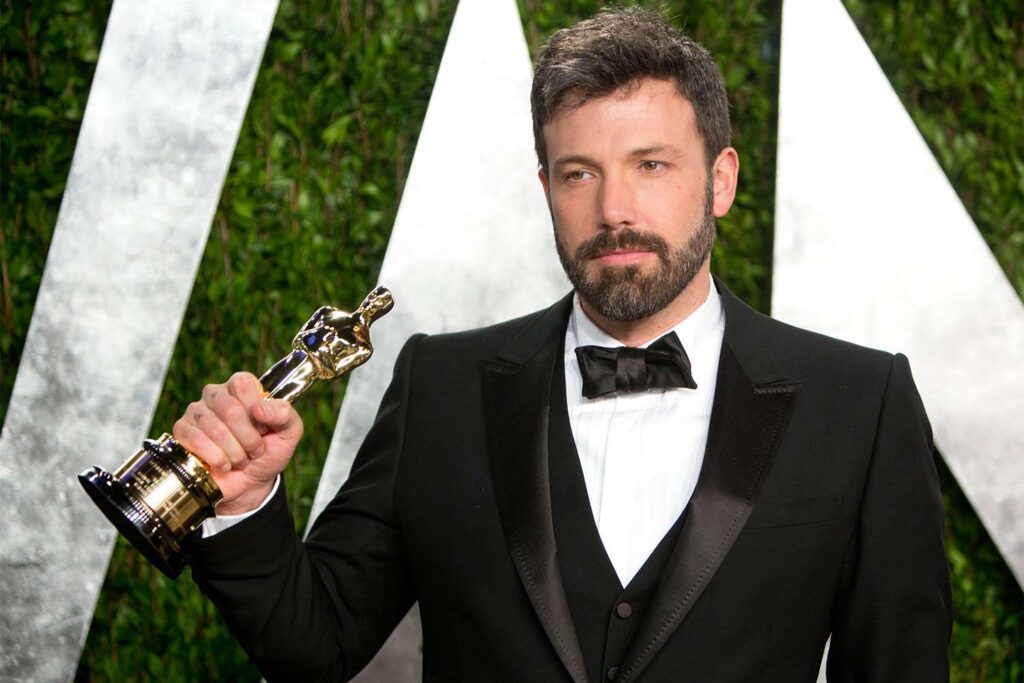
I’ve digressed. Unfortunately, Casey Affleck’s output in recent years hasn’t been great. He made a string of forgettable films. His most memorable performances were the crime comedies The Old Man and the Gun starring Robert Redford and The Instigators starring Matt Damon. His most prolific role was a cameo in Christopher Nolan’s Oscar-winning drama, Oppenheimer. It says something that Matt Damon told an interviewer that he would only give up the lead role to Casey Affleck. He saw something in him that others didn’t, and I hope that Affleck will one day perform as well as his in Manchester.
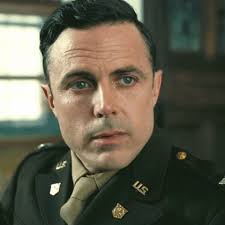
As I said, this is a heavy film, but it is so beautifully made. The writing, directing, and acting come together to create a symphony of emotions. If you have Prime Video and can handle a tearjerker, I would give this film a watch. You won’t regret it.